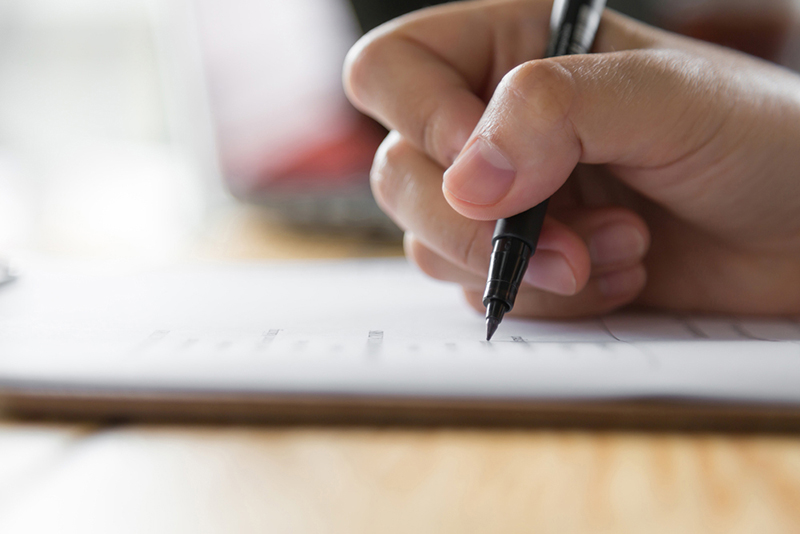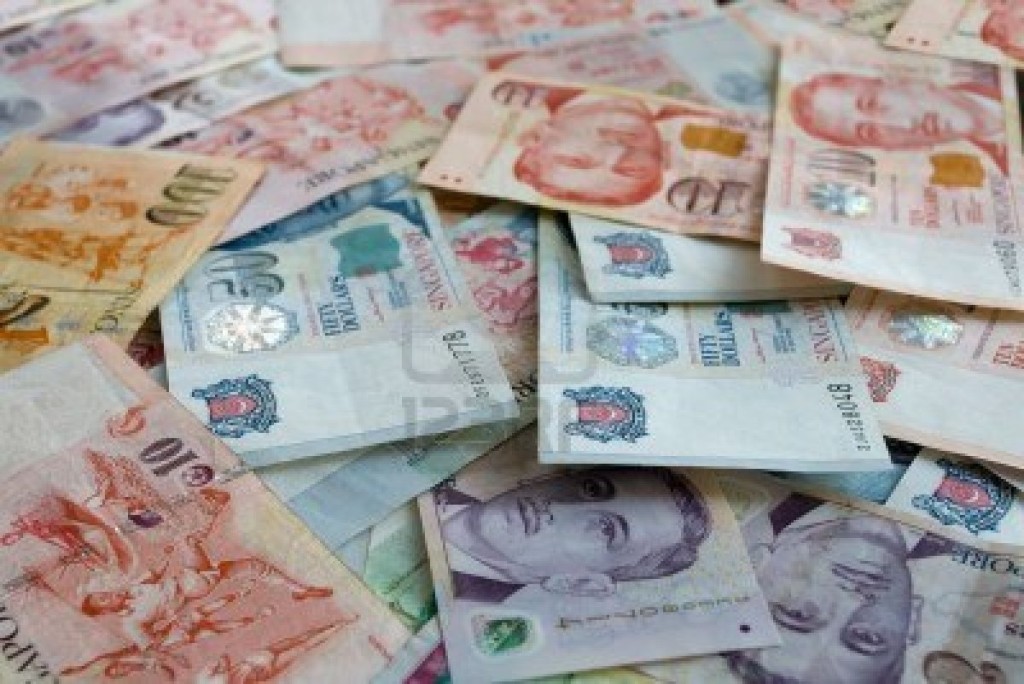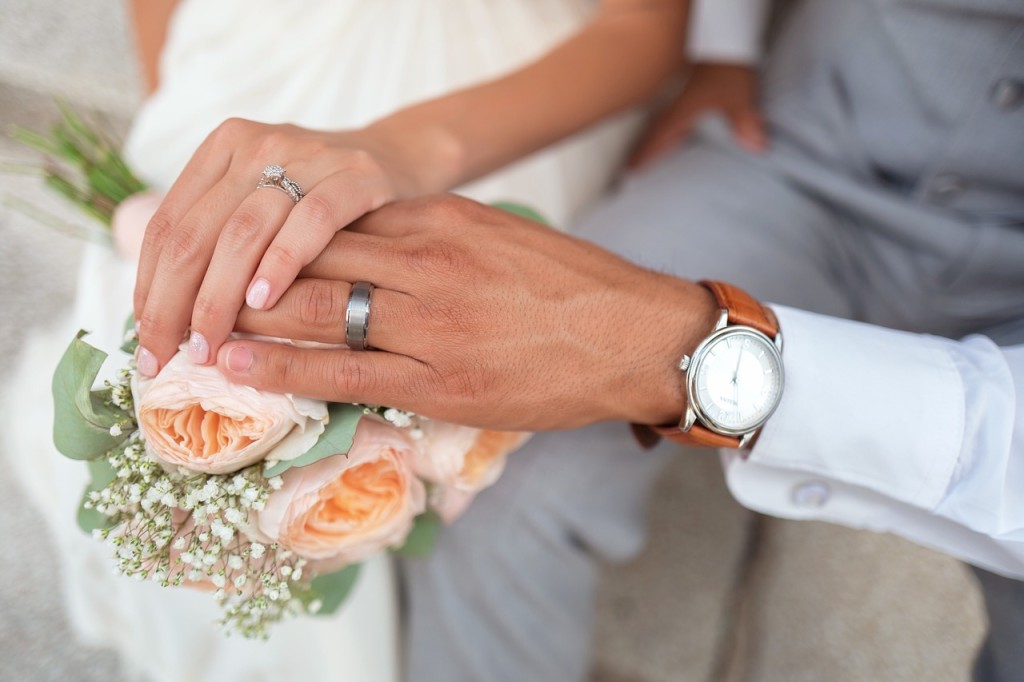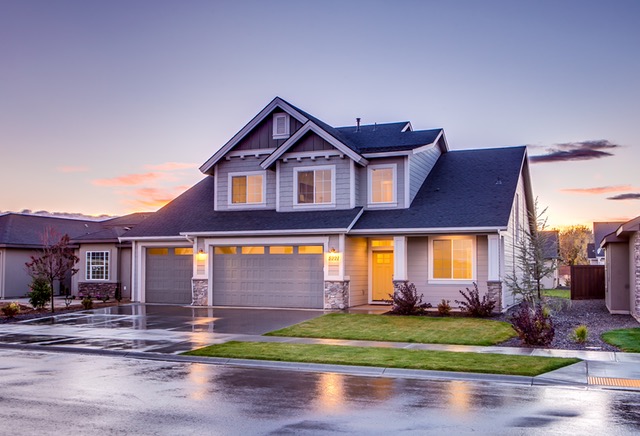What are stamp duties?
A stamp duty is a tax on documents related to the purchases and leases of properties (eg. Sales & Purchase Agreements, Tenancy Agreements etc). Stamp duties are paid to Inland Revenue Authority of Singapore aka IRAS – the same people you pay your income tax and property tax to.
In Singapore, there are 2 stamp duties imposed on the buyer that you need to be aware of: Buyer’s stamp duty(BSD) and Additional buyer’s stamp duty(ABSD).
Buyer’s Stamp Duty
Buyer’s Stamp Duty (BSD) is paid when you purchase a property in Singapore. A property is considered purchased when you exercise your option to purchase or when you execute the sales and purchase agreement. It is calculated based on the purchase price or the current market value of the property (as assessed by a valuer), whichever is higher.
It is not uncommon for property developers to dangle cash rebates or furnishing vouchers to entice buyers. For example, the list price of the property you are purchasing may be $1 million and the developer promises a cash rebate of $100,000 to be paid to you after the property is completed – the cash rebate may be deducted from the purchase price to calculate the amount of stamp duty you need to pay. In this case, the BSD is payable on $900,000 instead of $1 million.
Here’s how BSD is calculated (before 20 Feb 2018):
| On the first S$180k | 1% |
| On the second S$180k | 2% |
| Thereafter | 3% |
For example, if you buy a property at S$1 million, you would have to pay S$1,800 (on the first S$180k); plus, S$3,600 (on the second S$180k); and S$19,200 (on the remaining S$640k). Thus, the total BSD amount payable would be S$24,600.
*UPDATE w.e.f 20 Feb 2018:
In accordance to Singapore Budget 2018, Buyer’s Stamp Duty has been increased from 3% to 4% on residential properties valued at $1 million or more; 4% is applied to the portion of the property that exceeds $1 million. The following is how BSD is now computed:
| Purchase Price / Market Value of the property | BSD Rates for residential properties | BSD Rates for non-residential properties |
| First $180,000 | 1% | 1% |
| Next $180,000 | 2% | 2% |
| Next $640,000 | 3% | 3% |
| Remaining Amount | 4% | – |
BSD has to be paid for within 14 days of
- Exercising the Option to Purchase (OTP); OR
- Signing of the Sales & Purchase agreement if there is no OTP; OR
- The date of transfer, if both OTP and Sales & Purchase agreement are not available.
Additional Buyer’s Stamp Duty
The Additional Buyer’s Stamp Duty (ABSD) was first introduced on 8 December 2011. It was imposed on top of the BSD, and applied to the purchase price, or the current market value of the property, whichever is higher. The initial ABSD rates were as follows:
| Citizen type | Buying 1st residential property | Buying 2nd residential property | Buying 3rd and subsequent residential property |
| Singapore Citizen | NA | NA | 3% |
| Singapore Permanent Resident | NA | 3% | 3% |
| Foreigners and non individuals | 10% | 10% | 10% |
ABSD rates from 8 December 2011
In 2013, the ABSD was revised, to further slow down the growth of the property market:
| Citizen type | Buying 1st residential property | Buying 2nd residential property | Buying 3rd and subsequent residential property |
| Singapore Citizen | NA | 7% | 10% |
| Singapore Permanent Resident | 5% | 10% | 10% |
| Foreigners and non individuals | 15% | 15% | 15% |
For example, if you are a foreigner buying a property at S$1 million, you will have to pay S$150,000 in ABSD. On the other hand, if you are a Singapore permanent resident, you will have to pay S$50,000 if you are buying the same property – assuming this is your first property.
Late payment
You have 14 days to stamp your document aka pay stamp duties after signing your document (or 30 days if the document is signed overseas) before IRAS will slap you with a penalty for late stamping. The penalties can be pretty hefty, and looks like this:
- $10 or an amount equal to the duty payable, whichever is greater, for late payments not exceeding 3 months
- $25 or 4 times of the duty payable, whichever is greater, for late payments exceeding 3 months
That’s a lot of money!
Frequently Asked Questions on ABSD
- If I buy a residential property with someone who already owns another residential property, how much ABSD do I have to pay?
In the event that a property is jointly acquired, the profile with the highest ABSD rate will be applied.
- Can I buy a residential property under a company or trust?
Yes you can, the ABSD rate of a non-individual will apply.
- I purchased a property that is under construction and a title deed has not been issued yet. If I purchase another property, do I have to pay ABSD?
A property is considered in the count of properties if a contract or agreement to purchase the property has been signed. This includes if the property has not been legally transferred, as well as an uncompleted unit purchased from developer under a Sale & Purchase Agreement. Read our article on the other mathematical considerations in buying property.
- I own half shares in 2 properties. Am I considered as owning 1 property if I want to buy the next?
A property is considered in the count of properties if an owner owns any share of interest in a property, be it a partial share or in full.
- I own a property on behalf of someone else. Do I have to pay ABSD if I want to buy another property?
If a property is held in trust for a beneficial owner, the property is considered as a count for he/she.
- If I buy 2 properties at the same time, do I have to pay ABSD?
If more than 1 property is bought together under a single contract, each property will be counted separately. Additionally, the buyer can choose the property to be subjected to ABSD.
- A property was passed down to me in a will. Does that count as 1 property if I want to buy the next?
Any property acquired or transferred by gift, release, settlement, declaration trust letter of authority and exchange are each considered as a count of property.
- I own a HDB commercial shophouse with living quarters upstairs. Does it count?
A property is considered in the count of properties if a HDB shophouse or shop with living quarters is permitted for residential use.
How can I be exempted from ABSD?
You don’t have to pay ABSD, or you can have your ABSD refunded in the following scenarios:
- First matrimonial home
If you’re Singaporean, married, and buying your first property to stay in, you can apply to have your ABSD refunded even if your spouse is a permanent resident or foreigner.
For example, a Singaporean husband and a foreigner wife jointly purchases their first residential property to be used as their matrimonial home, they would first have to pay 15% ABSD (based on the status of the foreigner wife). They can then apply for remission for ABSD.
- Selected nationalities
- United States of America
- Norway
- Switzerland
- Iceland
- Liechtenstein
Thanks to the Free Trade Agreement, nationals and permanent residents* from these countries would be given the same treatment as Singaporeans when purchasing a property.
*only nationals of the United States are given the same treatment as Singaporean, permanent residents are not inclusive
- On upgrading of your matrimonial home
If you are buying another property as a married couple to stay in, and will be selling your first property within 6 months, you can apply for ABSD remission.
If the property purchased is uncompleted, you can apply for ABSD remission as long as your first property is sold within 6 months from the date of issue of Temporary Occupation Permit (TOP) / Certificate of Statutory Compliance (CSC).
You must not have bought any other residential property after purchasing the second one.
- Developers
If you are buying residential land and will be developing four or less residential units, you can also apply for ABSD remission.
Strategic purchase of 2nd property using decoupling
What is decoupling?
Decoupling is the transfer of ownership of a property from one co-owner to the other. This results in the property solely owned by just one party.
You can decouple from a property by two methods: way of gift or part purchase.
- Way of giftYou give up your share of the property to your spouse without any monetary consideration (or vice versa).
Do note that this can only be done when there is no outstanding loan on the property. Additionally, CPF and accrued interest of existing party will be refunded.
- Part Purchase
You sell your share of the property to your spouse at market value (or vice versa).
CPF with accrued interest will be refunded, and he/she will have to take over the existing bank loan if there is any.
Why decouple?
Whether you choose to decouple by way of gift or by part purchase, the end goal is simple: to free up one co-owner so that he/she can purchase another property as his/her first property. This would then allow you to avoid paying ABSD and you will also be eligible to take up a loan up to 80% of the property value (check mortgage rates here).
Assuming you and your spouse currently jointly own a private residential property valued at S$1,000,000, and you are looking at purchasing a second property valued at S$1,200,000.
If you choose not to decouple, the total amount of stamp duties payable on the new property (BSD + ABSD) would be S$114,600.
However, if you choose to decouple, BSD payable on the existing property would be S$9,600, and BSD payable on the new property would be S$30,600. Thus, the total amount of stamp duties payable would be S$40,200.
Thus, your savings, should you choose to decouple, would be S$74,400! (For more information on Stamp Duties, log on to http://iras.gov.sg.)
Whether you are liable for ABSD or not, as a buyer, it is always important to be extra vigilant, particularly when it involves a huge amount. Be sure to read all the fine print before you go into any agreement. if you are not sure about the jargons and laws, always consult a professional. A property purchase is meant to be a joyous event. Make sure you do thorough research to make this process a breeze !
Want to find the best mortgage rate in town? Check out our free comparison service to learn more!
Read more of our posts below!





